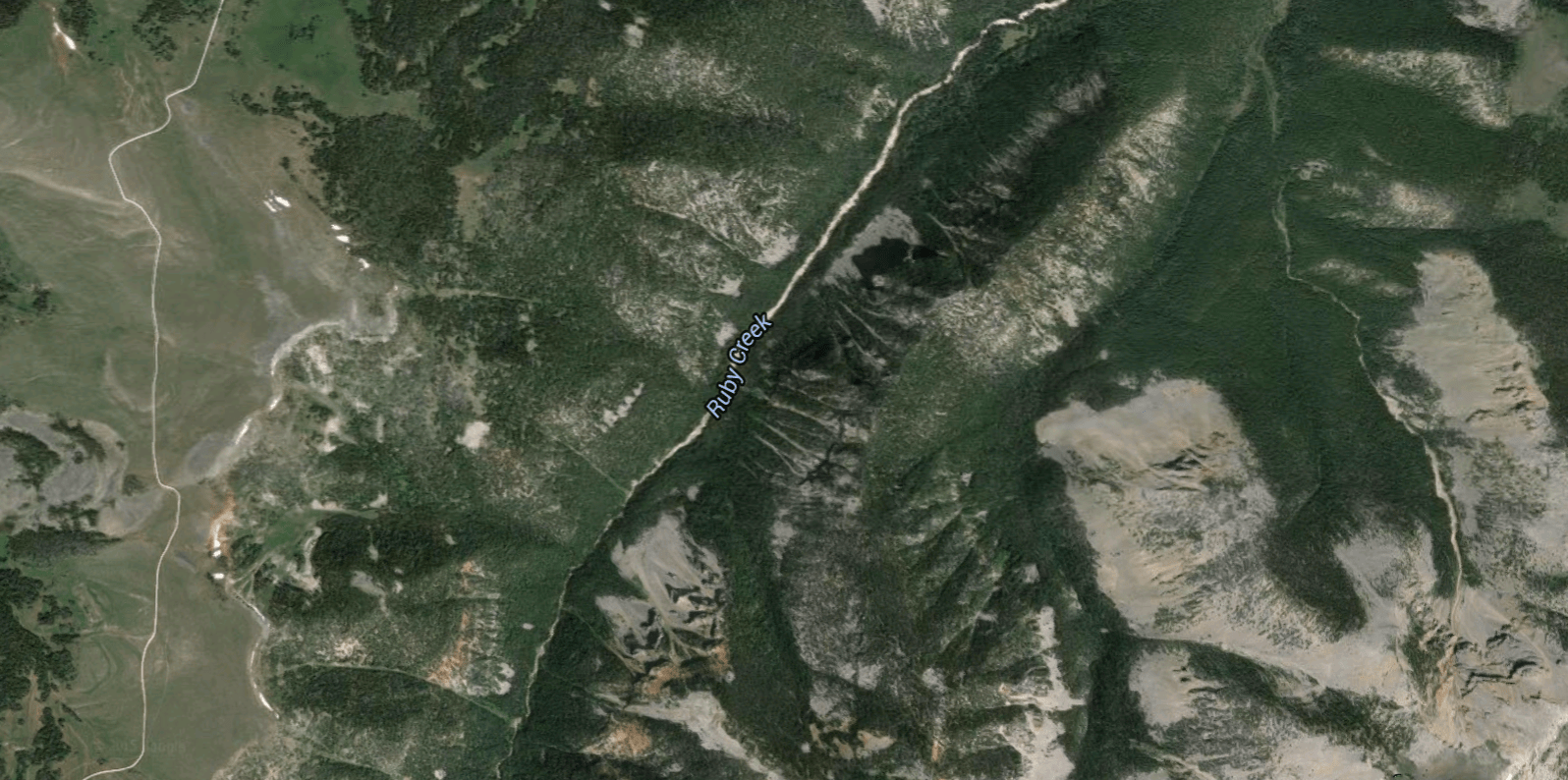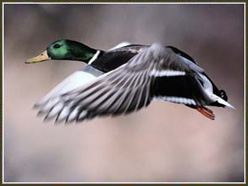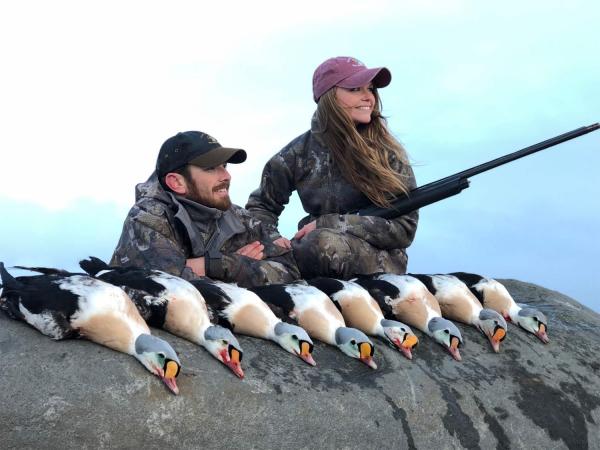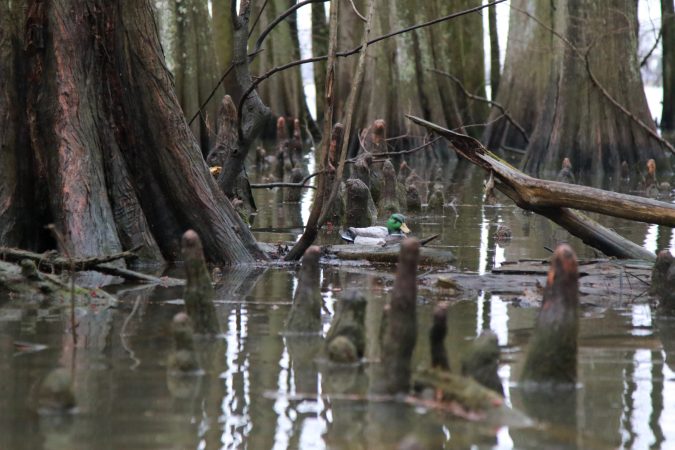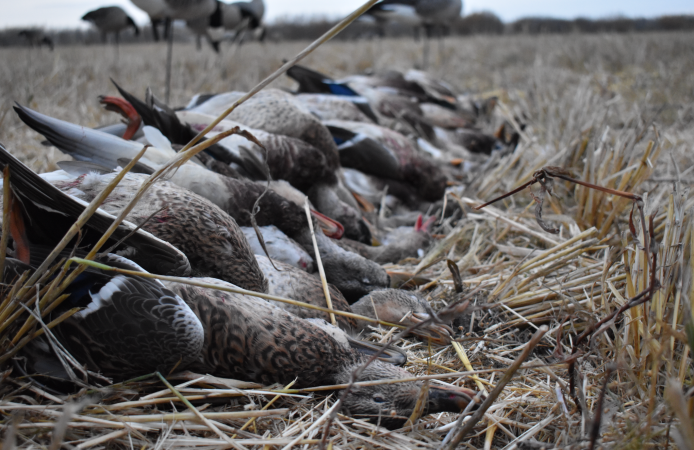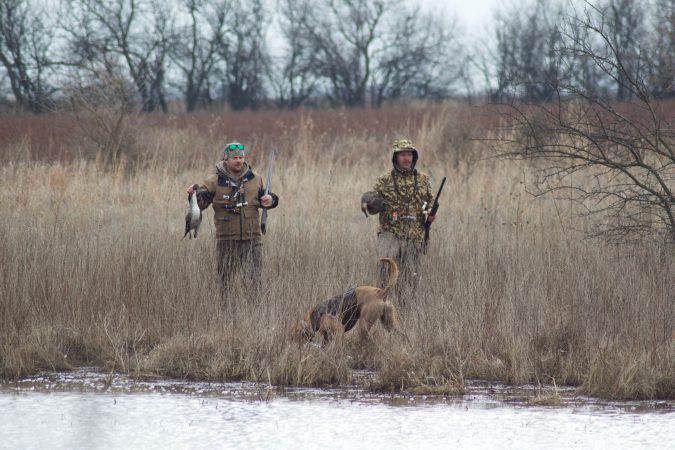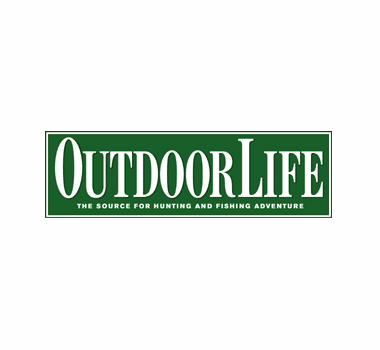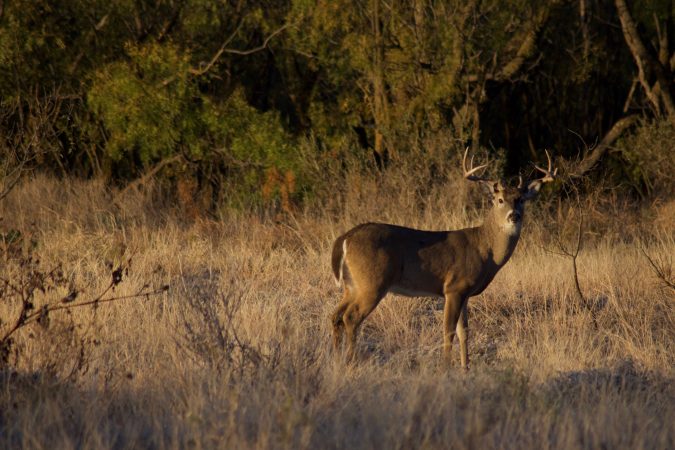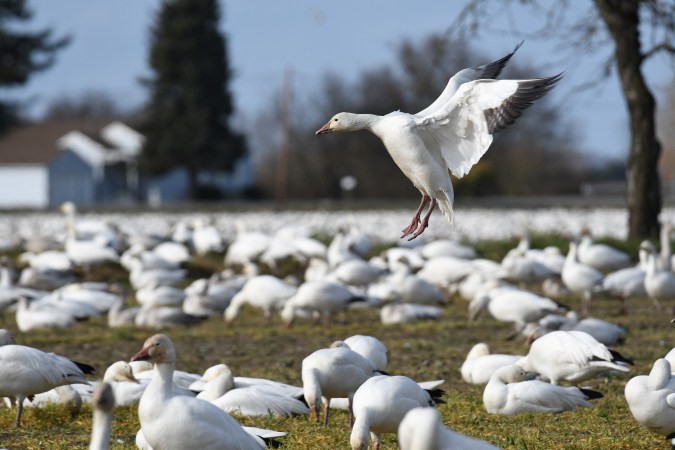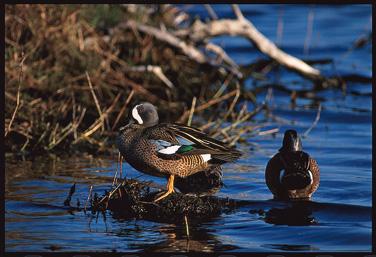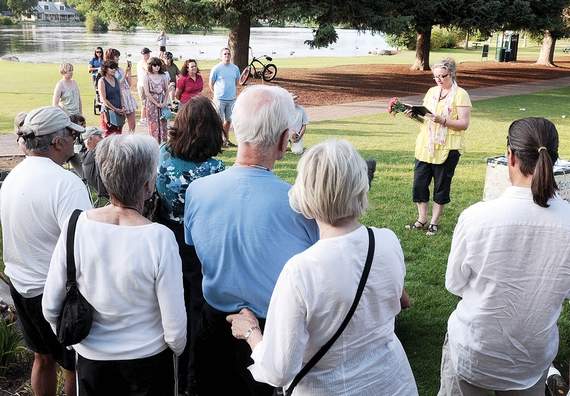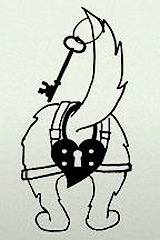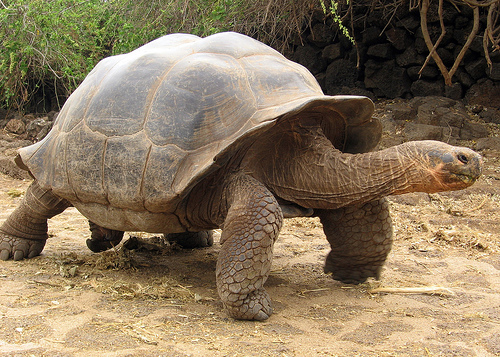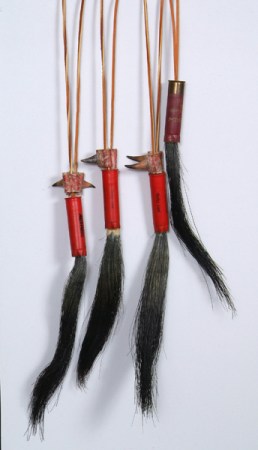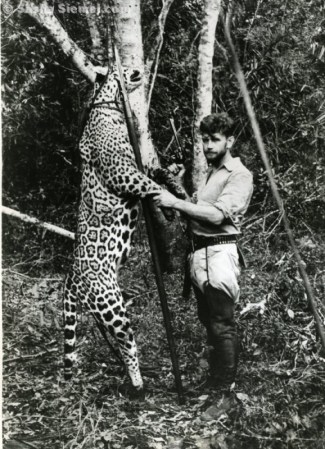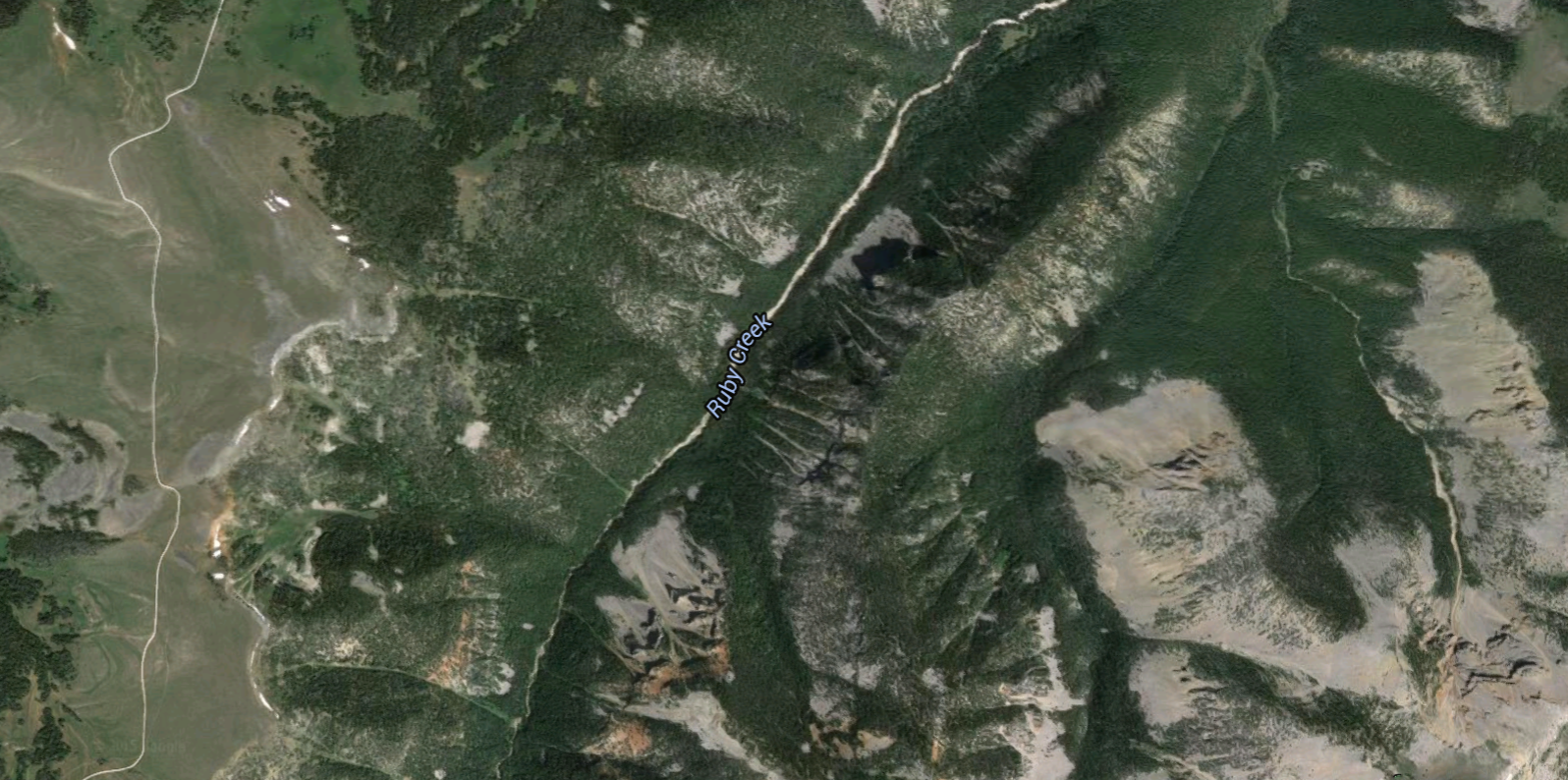
I’m an outdoor writer. While I’d like to describe my profession as journalism, I do not pretend to work with the same single-minded obligation to objectivity as those dirt-digging reporters for the New York Times or CNN.
I write about the outdoors, about hunting and fishing. I try to do so in a manner that represents the best interest of my audience, which depends on access to our shared wildlife resources in order to participate in the cherished activities of hunting and fishing. While I try to take a fair and honest approach to those topics, I have never tried to hide my bias, which tends toward promotion of public access, wildlife conservation, and celebration of our hunting lifestyle.
If I’m covering these topics correctly, I tend to make people a little uncomfortable from time to time.
In fact, one of the very first pieces I wrote for Outdoor Life’_s Open Country series dealt with public access to a trout stream in Michigan’s Upper Peninsula. That piece led to a complaint from one of the well-heeled owners of that ground. Which led to an uncomfortable conversation with the editor of _Outdoor Life.
I try to write about topics that matter to people like me in a way that they can relate to. I think I add value to those who employ me. But I also know it takes but one mistake, or torqueing just one influential person, to become suddenly unemployed.
But how do you know when you’ve crossed that line? In outdoor writing, sometimes things aren’t as cut-and-dried as they should be. Take the case of Don Thomas.
INTERSECTING INFLUENCES
Don Thomas is a Montana-based outdoor writer. He’s a longtime favorite of mine. In fact, it was his works, written under his byline of E. Donnall Thomas, Jr., that led me down the career path I’ve chosen. He is a terrific writer. And I say that about damn few people.
Thomas was a long-time contributor to Ducks Unlimited’s magazine, and his words occupied one of the most coveted pieces of real estate in any outdoor magazine: the back page.
Note my use of the past-tense. Thomas no longer has that space. In fact, according to DU, he never even existed.
Why?
Because he wrote about a public-access issue and took to task an influential man named James Cox Kennedy. The story is both extremely simple and confoundingly complicated, but here’s the basis: Kennedy owns a sizable piece of real estate along Montana’s Ruby Creek. In Montana, waterways are considered public property, and the public is welcome to access them at any legal access point. On Kennedy’s property is a public road and a public bridge which has provided public access to Ruby Creek for years.
Kennedy is trying to close that access. Thomas thinks it should remain open, and wrote about the issue—and showed his bias—in an article that ran in Outside Bozeman magazine. That article cost Thomas his gig with DU.
Turns out Kennedy is not an anti-hunter. He’s an avid hunter and angler. He’s also a big-time donor to Ducks Unlimited and has served on DU’s board. Cox, who was once listed as the 59th wealthiest person in America by Forbes magazine, is the type of donor that conservation groups like DU can ill afford to alienate.
I get that better than most. I spent the better part of a decade working as the deputy director of Michigan United Conservation Clubs, a non-profit conservation group in Michigan. I faced the very same situation that DU faced: What is your allegiance to a donor when they may not behave in a manner that is in the best interests of the organization’s membership or mission?
I do not envy DU’s position. They had to balance their obligation to a longtime contributor with the risk of alienating an important contributor. Nor do I necessarily find fault with Thomas. He was doing his job. He was reporting on a public-access issue of importance to folks who like to hunt and fish in Montana. After all, as we’ve noted here at Open Country many times, the loss of public access is a major reason for the decline in hunter and angler participation.
Those are powerful competing influences.
THE PROBLEMATIC GRAY AREA
Thomas claims he had no knowledge of Kennedy’s relationship with DU. As a journalist, I find that hard to believe, but I also wonder if should have mattered?
To be fair, Thomas did seem to be personally attacking Kennedy in the Outside Bozeman story. As a journalist, that’s something you simply cannot do.
But the facts of the issue have not been disputed: Kennedy is, indeed, taking legal action to close access to a public waterway.
Ducks Unlimited fired Thomas, and in a Stalin-esque move, wiped all references to him from its website and other content channels. DU editorial director Matt Young stated in a letter that, “We simply cannot condone this type of vitriol directed by one of our contributing editors toward a dedicated DU volunteer.”
On the surface, it’s easy to say that DU is simply caving to the influence of a donor’s cash and turning a blind eye to the fact that one of their donors is looking to shutter access to a public resource.
On the other hand, Ducks Unlimited isn’t really in the access game. It’s a habitat organization, and no one can make the argument that DU hasn’t been the waterfowl hunter’s best ally for a long, long time. Habitat costs big money, the very sort of big money that Cox brings to the game.
This is why I worry. There is so little black and white any more. Gray is the color of this game.
Don Thomas was doing his job, writing about an issue that should matter to his audience of hunters and anglers. Maybe he should have toned back the passion just a bit. But is it not that very passion that has made him so impactful in the first place?
Because of that he was fired, terminated by a group that we all agree is fueled, funded, and driven by hunters.
Don Thomas made the wrong person mad. I don’t know that Kennedy actually complained to DU about the piece, but it doesn’t matter. The wrong words were written, the wrong person was slighted, and that was that.
I can’t help but wonder if, given the chance to do it all over, would Thomas have done it differently, or covered the issue more gently?
And this is why I worry. Because if that question were asked of me, my response might be: Not a chance.

